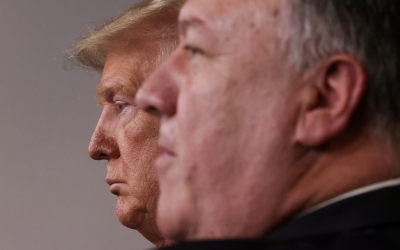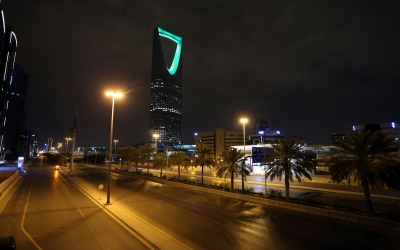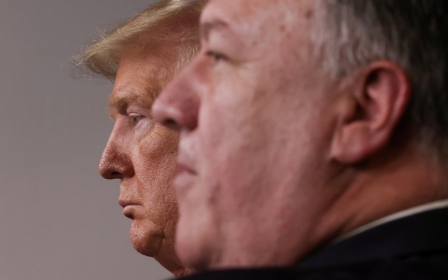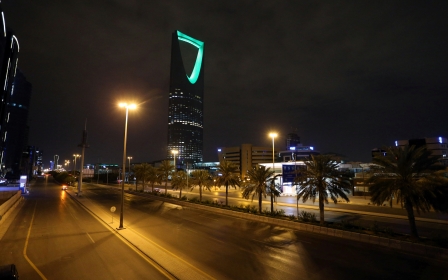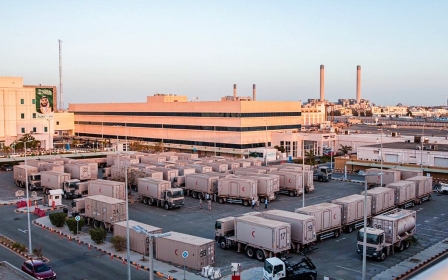Coronavirus: Saudi Arabia's King Salman urges joint G20 response to crisis
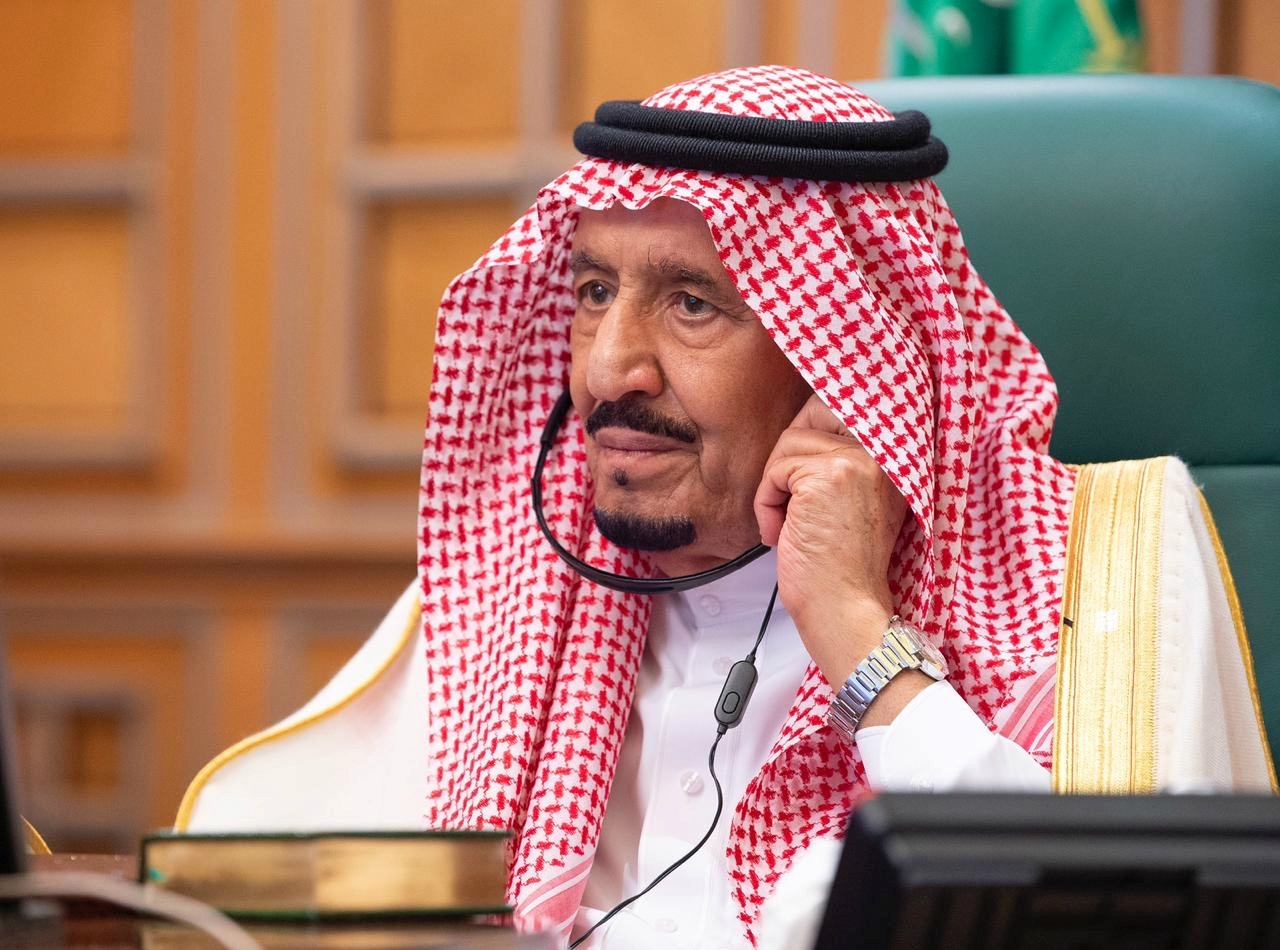
Saudi Arabia's King Salman has urged G20 leaders to boost funding for a coronavirus vaccine, resume the normal flow of goods and services as soon as possible, and help developing countries overcome the global health crisis.
His remarks came at the opening of an extraordinary video conference convened by the world's major economies to coordinate action over the outbreak and its economic impacts, as worldwide infections exceeded 470,000 with more than 21,000 dead.
US President Donald Trump and his Russian counterpart Vladimir Putin were among those who joined the video call on Thursday, with King Salman under pressure to end an oil price war with Moscow that has roiled energy markets.
The talks come amid criticism that the group, currently chaired by Saudi Arabia, has been slow to address the Covid-19 pandemic.
"This human crisis requires a global response. The world counts on us to come together and cooperate in order to face this challenge," the Saudi king said in his opening remarks as the summit began.
"We must have an effective and coordinated response to this pandemic and restore confidence in the global economy."
As concerns mount for poorer countries without access to capital markets and adequate health facilities, the king also called on the world leaders to extend a "helping hand" to developing nations.
'Unprecedented shock'
The world's 20 most industrialised countries are scrambling to defend their virus-wracked economies amid forecasts they will likely plunge into a recession.
"The G20 economies will experience an unprecedented shock in the first half of this year and will contract in 2020 as a whole," the financial ratings agency Moody's said on Wednesday.
While wealthy nations, including the US, have unveiled mammoth stimulus packages, there has so far been no collective action plan from the G20.
The IMF and World Bank on Wednesday urged G20 leaders to support its call for governments to put debt payments from the world's poorest nations on hold.
World Health Organisation (WHO) chief Tedros Adhanom Ghebreyesus also urged G20 nations to offer support to "low and middle-income countries", including those from Sub-Saharan Africa.
But with world leaders divided, the meeting stands in contrast to the G20 summits following the 2008 financial crisis, when the group swung into action to mobilise assistance for vulnerable countries.
Talk of global coordination has yet to resonate under Trump's isolationist presidency.
"The G20 is missing in action today, unlike 2008," said Ian Bremmer, president and founder of the Eurasia Group, a political risk consultancy firm.
'Rise to the occasion'
Crude oil prices, hammered by the outbreak's impact on demand as well as by a price war between Saudi Arabia and Russia, were also expected to be at the centre of the discussions.
Riyadh faces pressure from Washington to row back on its decision to hike production and offer the biggest price cuts in two decades, in retaliation for Russia's refusal to tighten supply as the virus saps demand.
On Wednesday, Pompeo urged Saudi Crown Prince Mohammed bin Salman to "rise to the occasion" and "reassure global energy and financial markets".
However, the Kremlin said "the oil topic" will not be discussed.
The G20 members will be joined by leaders from other affected countries including Spain, Jordan, Singapore and Switzerland, Riyadh said.
Leaders from international organisations such as the United Nations, the World Bank, the World Health Organisation and the World Trade Organisation will also participate.
Middle East Eye delivers independent and unrivalled coverage and analysis of the Middle East, North Africa and beyond. To learn more about republishing this content and the associated fees, please fill out this form. More about MEE can be found here.


